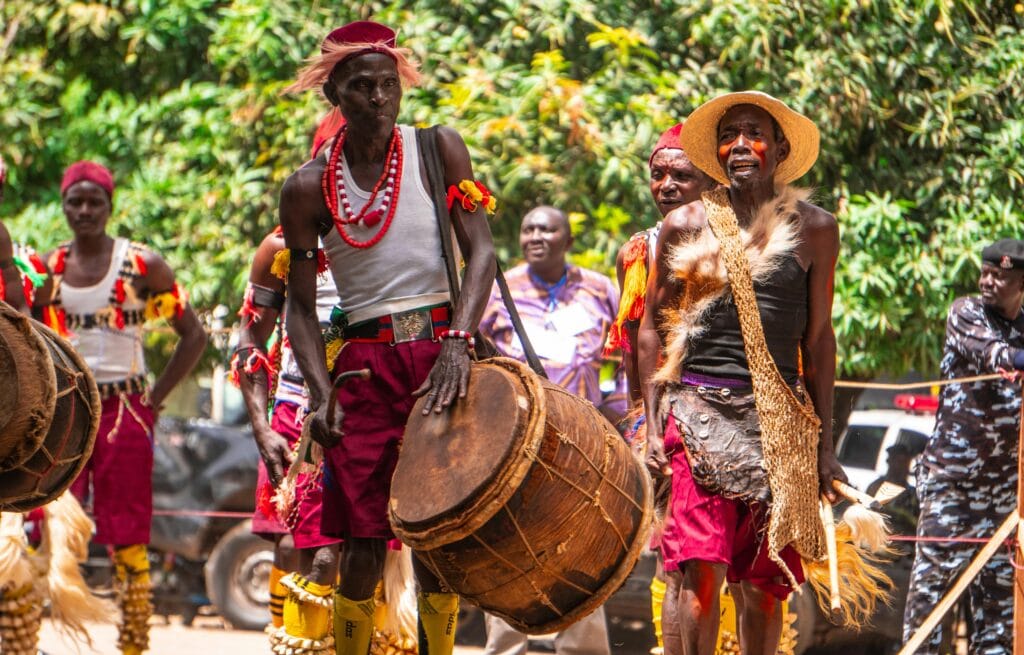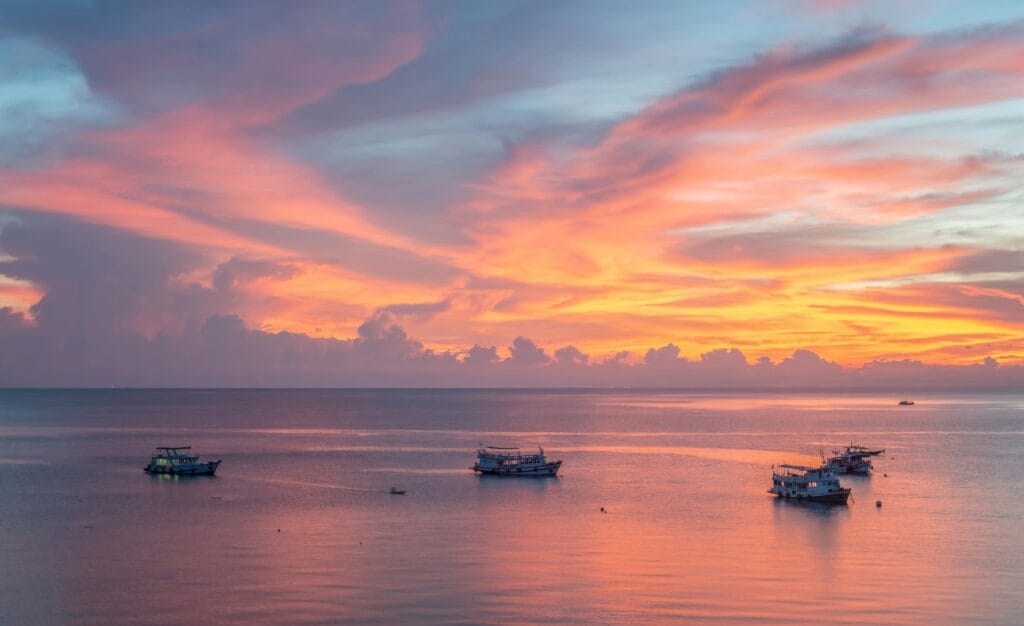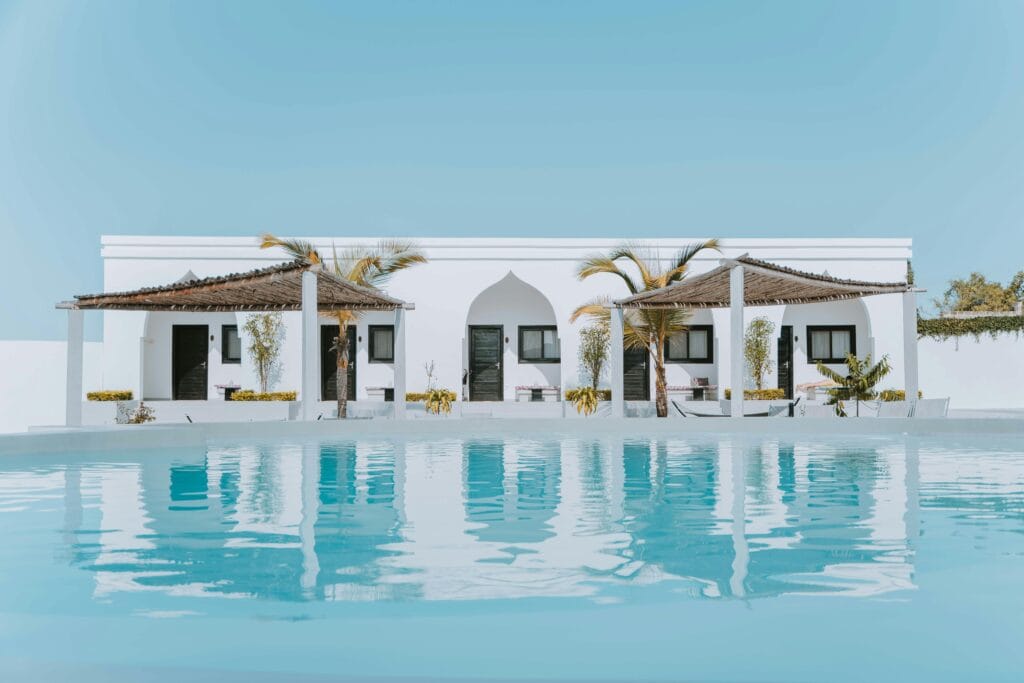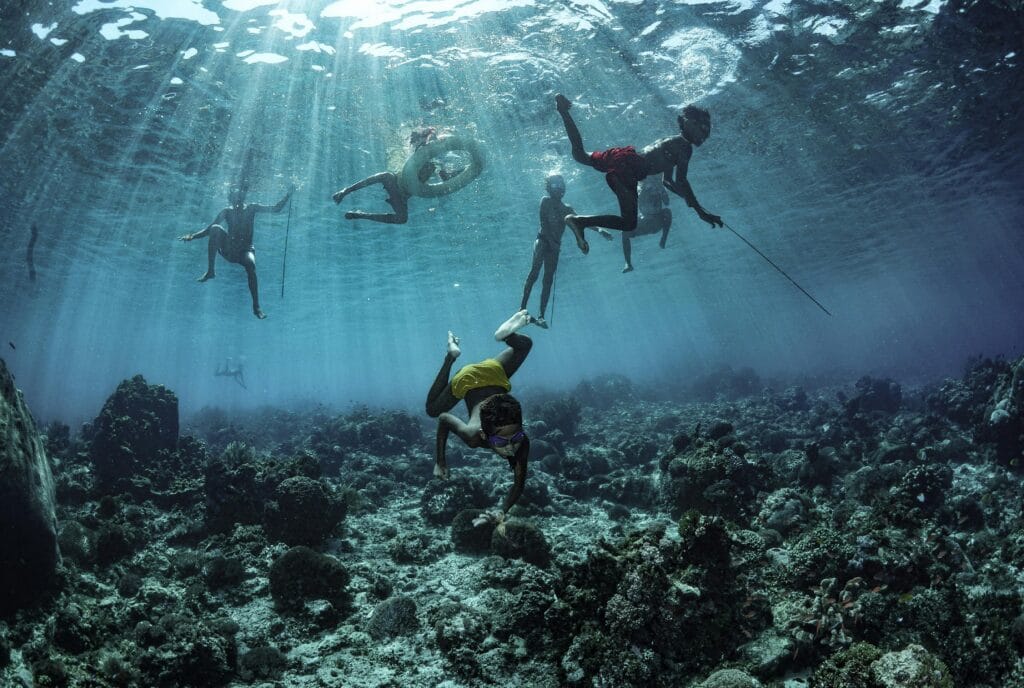Family-friendly activities in Zanzibar
Zanzibar isn’t just for couples and solo travelers—it’s an ideal destination for families looking for adventure, relaxation, and fun activities for all ages. From exploring the island’s stunning beaches to discovering its rich culture and wildlife, Zanzibar offers a variety of family-friendly experiences that will create lasting memories. In this guide, we’ll highlight the best activities to enjoy with your family while visiting Zanzibar. 1. Relax on Zanzibar’s Family-Friendly Beaches Zanzibar is famous for its pristine beaches, and many are perfect for families. Soft white sand, shallow waters, and gentle waves create ideal conditions for little ones to play, while parents can relax and enjoy the beautiful surroundings. Top Beaches for Families: Nungwi Beach: With calm waters and a wide sandy shore, this beach is great for swimming, building sandcastles, and enjoying the view. Kendwa Beach: Known for its laid-back vibe, Kendwa is perfect for families who want a peaceful beach experience with opportunities for swimming and snorkeling. Paje Beach: Popular for its shallow waters and kite surfing, Paje is ideal for families who want to watch or try water sports together. Tip: Most beaches in Zanzibar are family-friendly, but be sure to check for strong currents, especially if you have younger children. 2. Visit the Zanzibar Butterfly Centre The Zanzibar Butterfly Centre, located near Jozani Forest, offers a fun and educational experience for families. It’s home to a wide variety of colorful butterflies and provides an insight into conservation efforts and the island’s flora and fauna. What to Expect: Walk through a beautiful butterfly garden where kids can see butterflies in all stages of their life cycle. Learn about the conservation of native butterfly species and how the center supports the local community. Enjoy the peaceful surroundings and take lots of photos. Why It’s Great for Families: The center’s hands-on exhibits allow children to interact with nature in a safe and educational environment. 3. Explore Stone Town’s Cultural and Historical Sites Stone Town, Zanzibar’s UNESCO World Heritage Site, is full of history and culture. It’s a fascinating place for children to explore, with narrow streets, historical buildings, and interesting landmarks. Must-Visit Sites for Families: Forodhani Gardens: A great spot for an evening stroll, where you can try local street food and enjoy live music. House of Wonders: Perfect for a family day out, showcasing Zanzibar’s culture and history with interactive exhibits. The Old Fort: A historical site where children can learn about Zanzibar’s history while enjoying open spaces for a picnic or exploring the fort’s architecture. Tip: Guided tours are available in Stone Town and can be tailored to families, making the experience both fun and informative for children. 4. Visit the Zanzibar Turtle Sanctuary The Zanzibar Turtle Sanctuary is a fantastic family-friendly attraction, especially for children who love animals. Located on the island of Changuu (Prison Island), the sanctuary is dedicated to the conservation of the endangered Aldabra giant tortoises. What to Expect: Meet the giant tortoises, some of which are over 100 years old! Learn about the conservation efforts aimed at protecting these amazing creatures. Explore the island, which offers beautiful beaches and picnic spots. Why It’s Great for Families: The sanctuary offers an opportunity for kids to get up close to wildlife in a safe and educational environment, and there are plenty of shaded areas for a family picnic. 5. Dolphin Watching in Kizimkazi Take your family on an exciting adventure to Kizimkazi, a village on Zanzibar’s southern coast, famous for its dolphin-watching opportunities. This family-friendly activity allows you to see playful dolphins in their natural habitat. What to Expect: A boat trip to spot pods of dolphins swimming and playing in the clear waters. If you’re lucky, you might even get the chance to swim with the dolphins! The opportunity to enjoy the scenic coastline and peaceful atmosphere. Tip: While dolphins are best seen early in the morning, be sure to check for the most suitable tours based on your family’s preferences. 6. Visit the Spice Farms for a Hands-On Experience Zanzibar is known as the “Spice Island,” and visiting one of the many spice farms offers a fun, sensory experience for the whole family. The spice tours are not only educational but also interactive, as children can smell, taste, and touch the different spices. What to Expect: A guided tour through lush spice farms where you can learn about the production of vanilla, cloves, cinnamon, and other spices. Hands-on activities like tasting fresh spices, learning how they are harvested, and seeing how they’re used in cooking. The chance to purchase fresh spices to take home. Why It’s Great for Families: The tours are engaging for children of all ages and offer insight into Zanzibar’s rich cultural heritage. 7. Take a Safari Blue Tour to Explore Zanzibar’s Marine Life The Safari Blue tour is a family favorite and offers an exciting way to explore the waters around Zanzibar. The tour includes snorkeling, swimming, and a chance to relax on a sandbank. What to Expect: A boat ride to a secluded sandbank where you can relax and enjoy the scenery. Snorkeling opportunities to explore coral reefs teeming with colorful fish and marine life. Fresh seafood lunch served on the boat or at a nearby beach. Why It’s Great for Families: The combination of relaxation and adventure makes it perfect for families with children, and the tour guides ensure a safe and enjoyable experience for everyone. 8. Enjoy a Family Bike Ride Around the Island For an active family adventure, consider a family bike ride around Zanzibar. You can rent bikes and explore the island at your own pace, discovering new places, local villages, and beautiful landscapes. What to Expect: A guided bike tour that can be tailored to the pace of your family. Stops at various local markets, beaches, and scenic spots. A fun and eco-friendly way to explore Zanzibar’s diverse landscapes. Why It’s Great for Families: This activity is suitable for children who can ride a bike, and it’s











